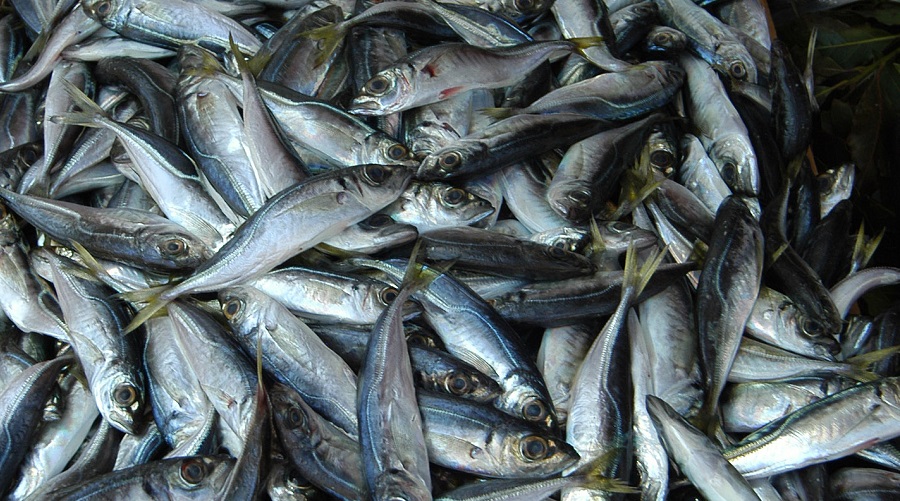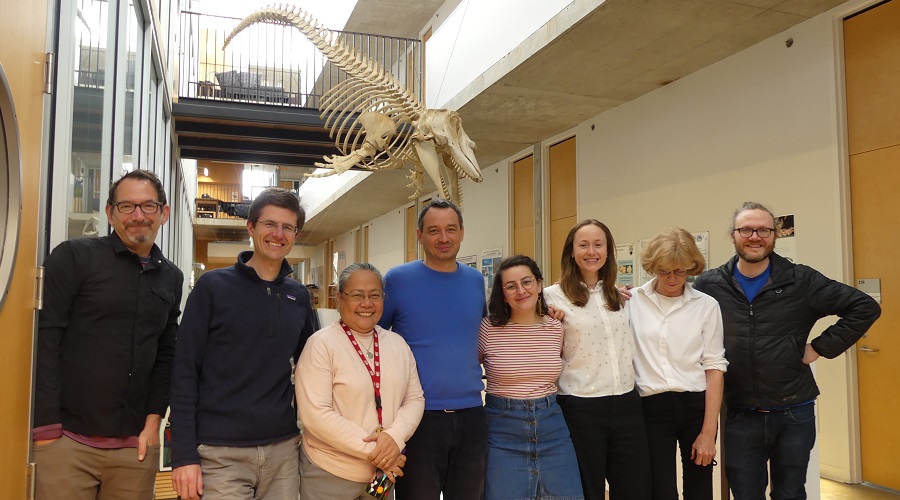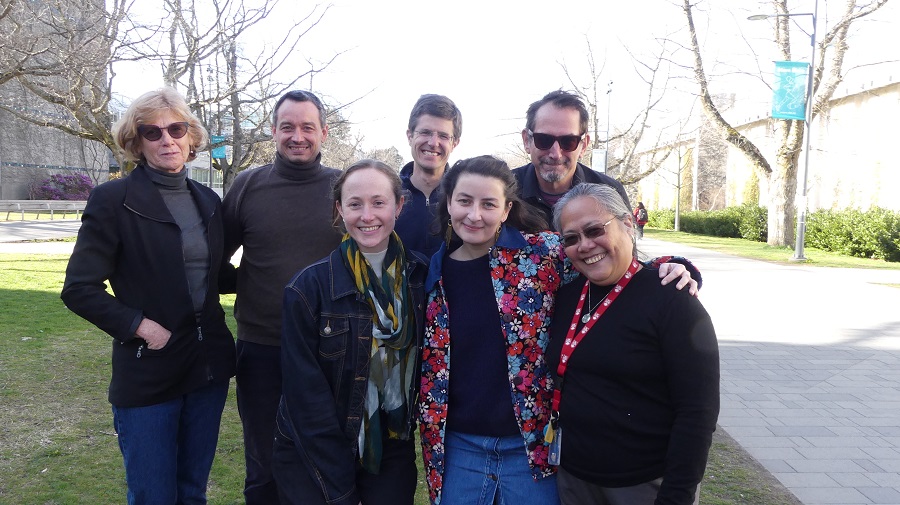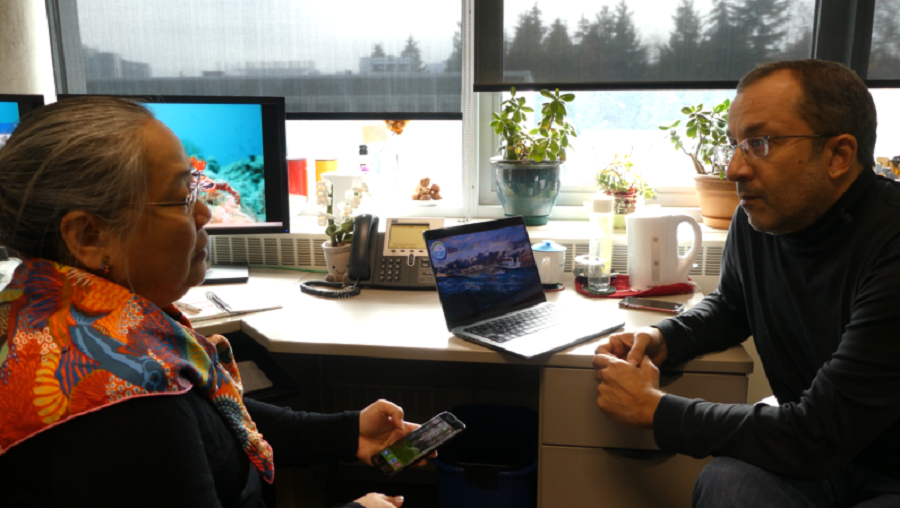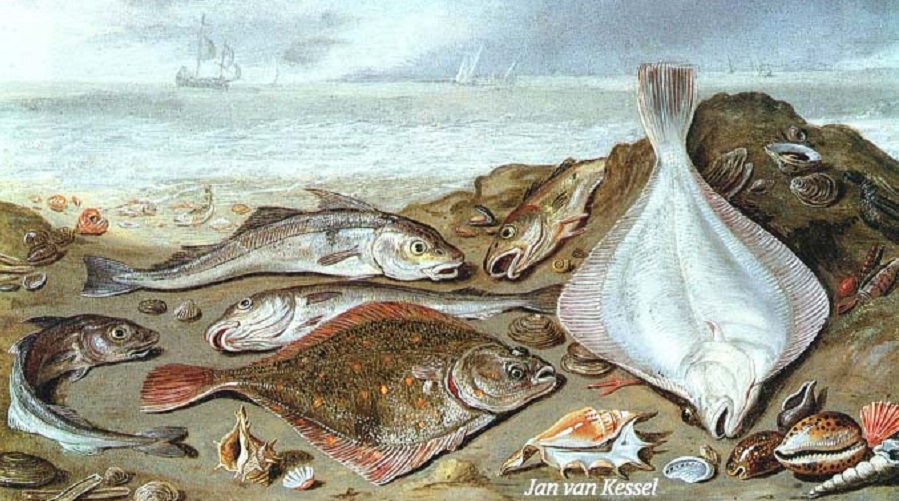
The Sea Around Us, together with the French Embassy in Canada, the University of Montpellier, FRB-CESAB: Centre de Synthèse et d’Analyse sur la Biodiversité and Rutgers University, is hosting the conference Fish biodiversity facing global change.
The event, which will take place on April 6, 2023, from 2-3 pm, at the University of British Columbia’s Michael Smith Labs Theatre, will present activities of the FISHGLOB consortium which has collected and combined a unique data set of scientific bottom trawl surveys conducted regularly during the last decades across the planet.
Continue reading →
